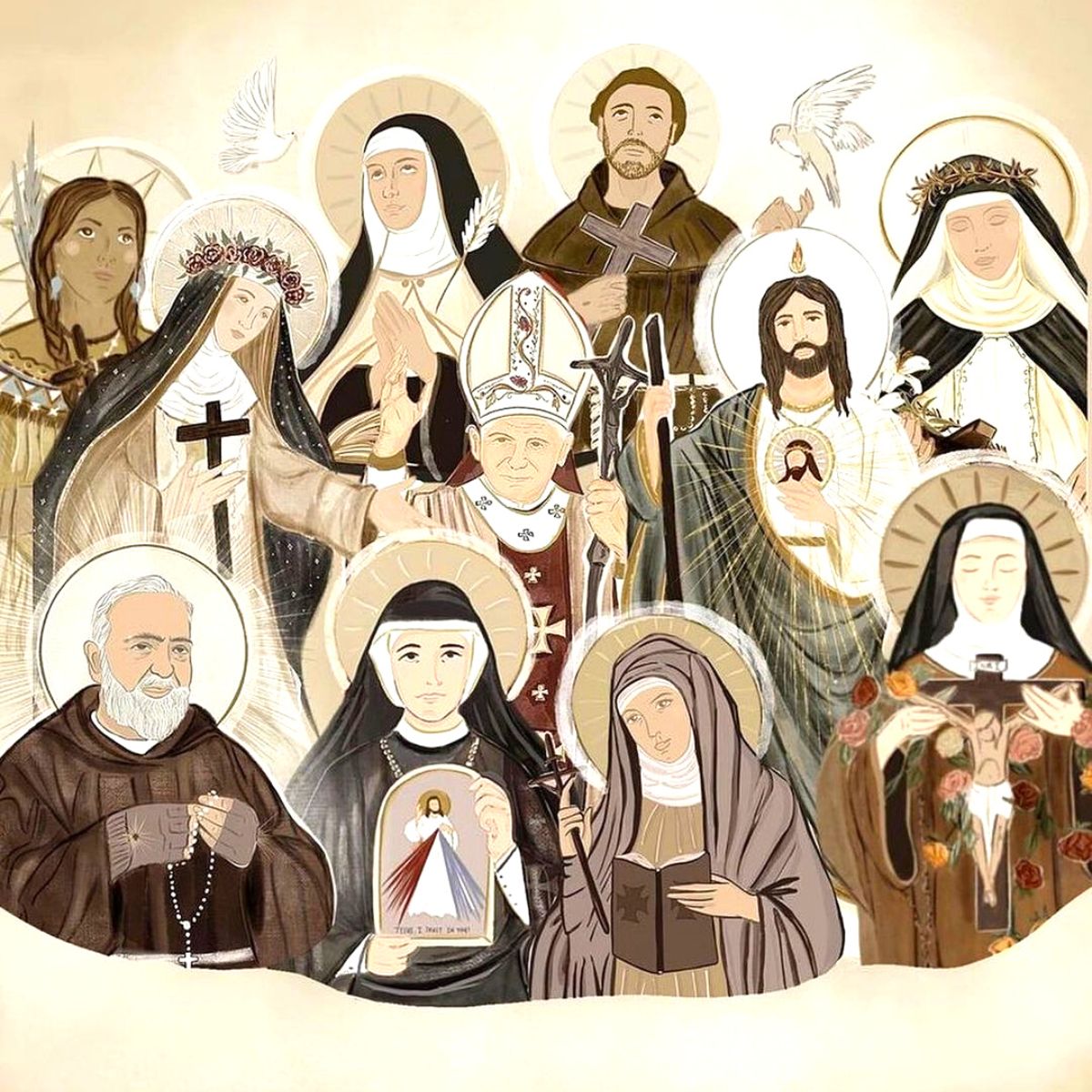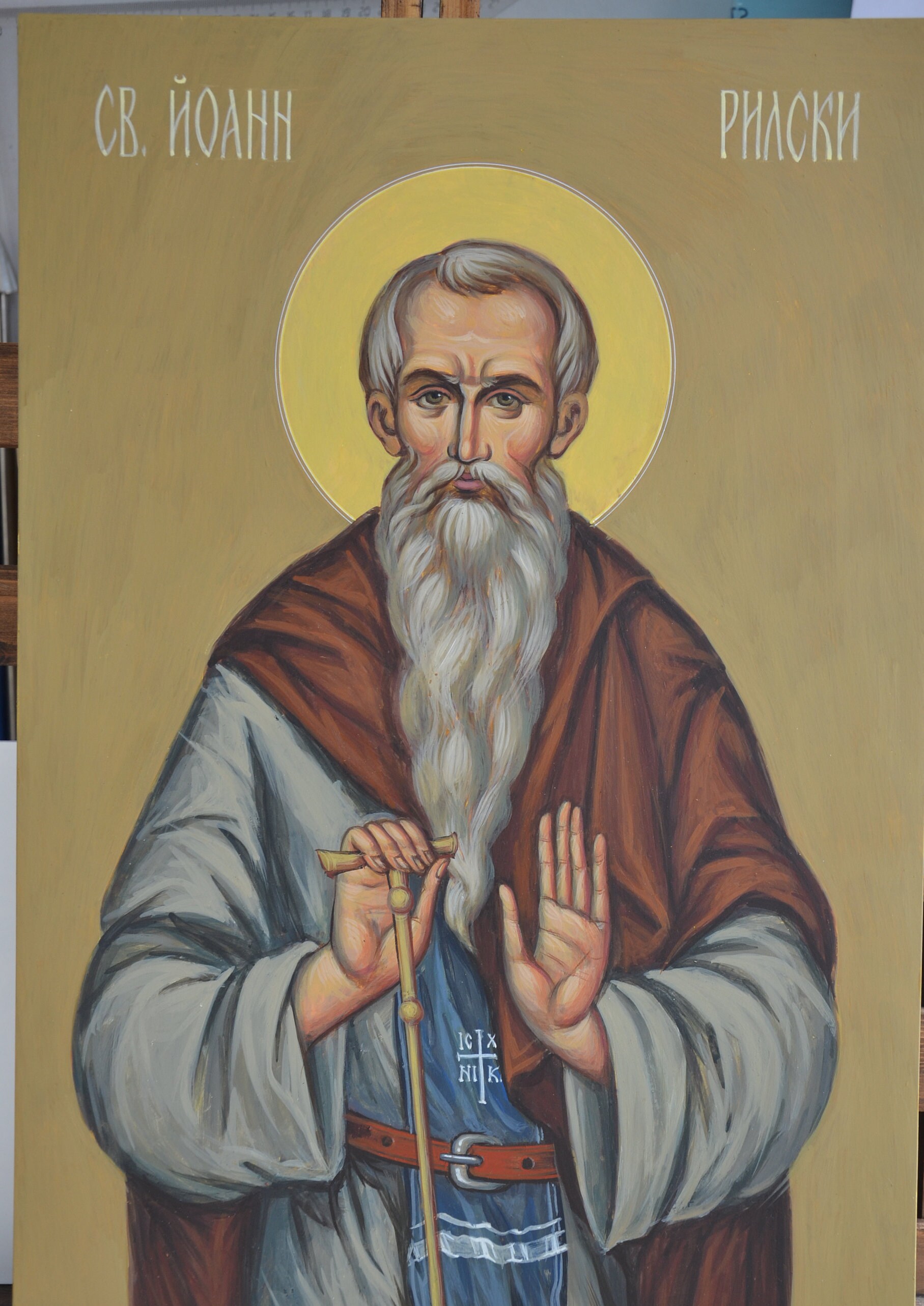
26 January Name Day: Honoring Bulgarian Saints And Traditions seeks to answer your questions about the significance of this day within Bulgarian culture. With extensive analysis and research, we aim to provide a detailed overview, shedding light on its significance.
Editor's Note: "26 January Name Day: Honoring Bulgarian Saints And Traditions" was published on January 26, 2023, to provide timely and relevant information about this important day.
Through this comprehensive guide, we aim to empower you with the knowledge to appreciate the rich cultural heritage of Bulgaria. Our team has meticulously gathered information and insights to present a well-rounded perspective on the topic.

All Saints Day 2024 Date - Fanny Jehanna - Source britniylisetta.pages.dev
FAQ
This FAQ section provides answers to commonly asked questions about the 26th January Name Day, a significant holiday in Bulgaria. Delving into various aspects of this important celebration, these FAQs aim to enhance your understanding and appreciation of its cultural and historical significance.

Saint John of Rila Bulgarian Saints Hand-painted Icon - Etsy - Source www.etsy.com
Question 1: What is the significance of the 26th January Name Day in Bulgaria?
\
The 26th January Name Day commemorates the feast of Saint Athanasius the Great and Saint Anthony the Great, highly revered saints in the Bulgarian Orthodox Church. This day is dedicated to honoring individuals named after these saints, as well as celebrating Bulgarian traditions and cultural heritage.
Question 2: How is the Name Day celebrated in Bulgaria?
The Name Day is marked with various traditions, including religious services, traditional folk dances, and gatherings of family and friends. People exchange gifts, offer blessings, and partake in festive meals to commemorate this special occasion.
Question 3: What are some common Name Day traditions?
One common tradition is the "survakane," where children visit their neighbors and lightly whip them with cornel twigs while reciting blessings for health and prosperity. Others include the "lazarki" dance performed by young women and the "kukeri" ritual involving masked dancers who ward off evil spirits.
Question 4: How are individuals named after Saint Athanasius and Saint Anthony celebrated?
People named after Saint Athanasius or Saint Anthony are particularly honored on this day. They receive special wishes, gifts, and blessings to commemorate their patron saints.
Question 5: What is the cultural significance of the Name Day in Bulgaria?
The Name Day holds immense cultural significance in Bulgaria. It strengthens bonds within families and communities while honoring Bulgarian Orthodox traditions. It showcases the country's rich heritage through folk customs and rituals.
Question 6: How can foreigners experience the Name Day celebration?
Foreigners can immerse themselves in the Name Day festivities by attending local celebrations, interacting with the community, and learning about the traditions. It is an excellent opportunity for cultural exchange and experiencing the vibrant spirit of Bulgaria.
In summary, the 26th January Name Day is a profound celebration in Bulgaria that honors saints, upholds traditions, and fosters communal bonds. Its cultural significance lies in preserving Bulgarian heritage and showcasing the nation's unique and vibrant identity.
Additional resources for further exploration:
Tips
On 26 January, Bulgaria celebrates the feast of St. Athanasius the Great and St. Cyril of Alexandria. This day is also known as Name Day for those named Atanas, Anastas, Kircho, and Kiro. To honor the occasion, here are a few tips:
Tip 1: Attend a Church Service
Attend a church service to honor the saints and receive blessings. Many churches hold special services on this day.
Tip 2: Celebrate with Family and Friends
Gather with loved ones to share a meal and celebrate the occasion. Traditionally, a special dish called "Atanasova kaba" (Atanas's sausage) is prepared.
Tip 3: Visit a Monastery or Pilgrimage Site
Visit a monastery or pilgrimage site dedicated to St. Athanasius or St. Cyril. These sites often have relics and artifacts related to the saints.
Tip 4: Read About the Saints
Learn about the lives and teachings of St. Athanasius and St. Cyril. Their writings and stories provide valuable insights into Christian faith.
Tip 5: Donate to Charity
Make a donation to a charity in honor of the saints. This act of kindness will honor their legacy and benefit those in need.
By following these tips, you can experience the rich traditions and spiritual significance of 26 January Name Day in Bulgaria.
To learn more about this special day, visit 26 January Name Day: Honoring Bulgarian Saints And Traditions.
Summary Takeaway: Honoring Name Day in Bulgaria allows you to connect with history, tradition, and community. By participating in these customs, you can express your faith, respect Bulgarian culture, and celebrate the lives of important saints.
26 January Name Day: Honoring Bulgarian Saints And Traditions
The 26th of January is a notable day in Bulgaria, dedicated to honoring the memory of two significant saints and their profound impact on Bulgarian culture and traditions. This day holds special importance in celebrating the spiritual heritage and cultural identity of Bulgaria.
- Saint Athanasius: Patron saint of Bulgaria, known for his wisdom and leadership.
- Saint Cyril: Co-creator of the Cyrillic alphabet, a pivotal contribution to Slavic literacy.
- Name Day Celebrations: A tradition honoring individuals named after the saints, marked with family gatherings and blessings.
- Religious Observances: Church services and prayers commemorate the saints, seeking their intercession and guidance.
- Cultural Heritage: The day symbolizes the intertwined nature of Bulgarian Orthodoxy and national identity.
- National Unity: It fosters a sense of unity and shared heritage among Bulgarians, both within the country and abroad.
The Name Day of January 26th is a multifaceted event that weaves together religious devotion, cultural pride, and familial bonds. It serves as a reminder of the enduring legacy of the saints and their contributions to Bulgarian society, shaping its spiritual, cultural, and national identity.

‘Traditions: Honoring Heritage, Ritual, and Family’ Exhibition opens - Source www.sourharvest.com
26 January Name Day: Honoring Bulgarian Saints And Traditions
The 26th of January marks an important day in the Bulgarian calendar, dedicated to honoring Saint Athanasius the Great and Saint Cyril. Known as "Athanasovden" in Bulgarian, this Name Day holds great significance in Bulgarian culture and traditions.

January; The Month For Weird Bulgarian Traditions & Festivals - Journey - Source journeyofanomadicfamily.com
Commemorating Saint Athanasius the Great, a renowned bishop and theologian from the early Christian church, the day is associated with the defense of the Orthodox faith and the preservation of Bulgarian identity. Saint Cyril, a pivotal figure in the development of the Slavic alphabet, is celebrated for his contributions to the spread of Christianity and literacy among Slavic nations.
Traditionally, Athanasovden is a day of prayer, church services, and family gatherings. People named Atanas, Anastas, Athanasia, or Anastasia celebrate their name day with well wishes, gifts, and shared meals. The day is also believed to mark the transition from winter to spring, with the sun perceived to gain strength.
The observance of Athanasovden reflects the interwoven nature of religious faith and cultural traditions in Bulgarian society. It serves as a reminder of the historical and spiritual heritage of the Bulgarian people, fostering a sense of unity and cultural pride.
| Name | Significance |
|---|---|
| Saint Athanasius the Great | Bishop and theologian, defender of the Orthodox faith |
| Saint Cyril | Creator of the Slavic alphabet, patron of education and culture |
| Date | 26th of January |
| Observances | Prayers, church services, family gatherings, name day celebrations |
Conclusion
The 26th of January Name Day in Bulgaria is a testament to the enduring power of traditions and the deep connection between faith and culture within Bulgarian society. By honoring Saint Athanasius the Great and Saint Cyril, Bulgarians not only celebrate the lives of these revered figures but also reaffirm their cultural identity and the values that have shaped their nation throughout history.
The understanding of this connection provides insight into the rich tapestry of Bulgarian heritage, highlighting the interplay between religion, culture, and national identity. It encourages a deeper appreciation for the traditions and beliefs that have shaped the Bulgarian people, and fosters a sense of pride and continuity within Bulgarian communities worldwide.
Recomended Posts


